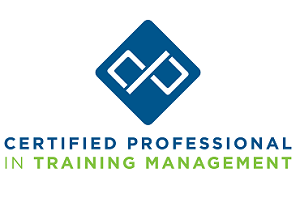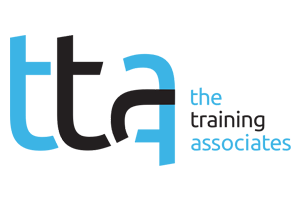Sometimes, it seems like there are never enough hours in the day — like there’s never enough time to finish all the tasks we need to finish. We struggle constantly, desperately trying for some impossible ideal of productivity that always seems just out of reach.
And that’s the scenario for people who don’t struggle with a mental illness or disability. For someone with a condition like ADHD or chronic depression, this struggle dials up to 11. It no longer becomes a matter of trying to attain peak productivity but simply one of staying afloat.
The typical advice for overcoming this challenge in both cases is always the same: Maintain a to-do list, make a schedule and write down your deadlines. It’s as if the secret to being better, more focused and more fulfilled is jotting down a few lines in a planner.
I’ll admit that checklists and schedules work for some people. The ability to see, at a glance, all the tasks you need to finish on a particular day is useful, and cordoning off your workday into a series of digestible blocks can add some much-needed structure to your life.
The problem with this insistence on lists — this obsession with ticking off boxes — is that ultimately, it’s little more than a distraction. Instead of actually finishing your work, you instead waste time thinking about working. It usually goes a little something like this: You decide you’re going to start maintaining a checklist, so you start looking for a task management app. After an hour of research, you finally track down an app that you think will work. You download and install the app and then spend three hours fiddling around with it, trying to get everything just right. You then waste even more time jotting down everything you need to do. You then proceed to spend an inordinate amount of time each day organizing and arranging your tasks.
You can see why this approach doesn’t work, right? It’s like making plans to clean your house but, instead of cleaning, deciding to go purchase new cleaning supplies. Then, once you have those supplies, you start shopping for a new vacuum. Then, you decide you might as well buy a robot one … and on and on it goes. It’s a procrastination spiral.
Instead of busying yourself with an endless checklist, at the beginning of the day, write down three things:
-
- A single task that you must finish — something significant and business-critical.
- A single task that, while not critical, you dread starting.
- Three to five less important tasks that, while not vital, would be nice to accomplish.
The important task is your priority, so start working on it first. Once you’ve finished, move on to the task you don’t want to do. Just start on it. Finally, if you still have time, you can tackle the rest of the tasks.
By narrowing down your long to-do list into a shortlist, you can avoid feeling too overwhelmed. More importantly, by focusing on a single, critical task each day, you may just give yourself the momentum to complete other tasks, too. Finishing a major task feels good. It feels energizing. And, it’ll help you accomplish a lot more than spending hours fiddling with schedules, planners and endless boxes to tick off.




